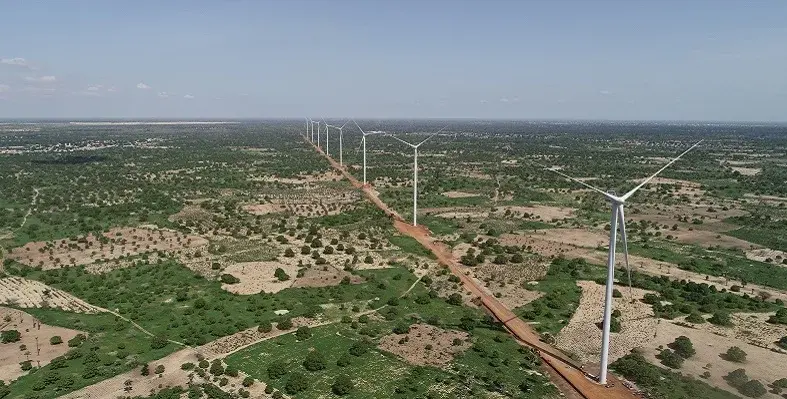Infinity Power, a joint venture between Infinity and Masdar, has set a target of developing 10GW of operational renewable energy across Africa by 2030, and Ahmed Mulla, deputy CEO of the company, sat down Africa Review with to explore this progress
African Review (AR): What progress has been made towards the 10GW goal and are you on course to meet it?
Ahmed Mulla (AM): 10,000MW is a very ambitious target, but currently around 600 million people in Africa – 50% of the population – are without energy access. So, in that context, there is plenty that can be done. Africa is infrastructure. As such, we are working on providing holistic proposals that complement renewable energy generation from solar, wind, biomass and hydro, with the inclusion of battery storage, that is necessary in order to connect the generation to the demand centres.
If we look at our shareholders, we have the Abu Dhabi Future Energy Company (Masdar), whose major shareholder is TAQA. TAQA is heavily interested and invested in infrastructure. Another of our shareholders is the Africa Finance Corporation, also heavily focused on infrastructure in the continent.
We don’t just have the financial backing of our shareholders, but also their expertise and willpower to invest in the necessary foundations to deploy the renewable energy required.
AR: How are you countering some of the challenges that come associated with financing projects on the continent?
AM: We are venturing out of our core markets (Egypt and South Africa) which have a bankable, predictable regime and tenders. We are going into new markets, some of which do not have the ability to provide sovereign guarantees, and this is one challenge we see.
Sovereign guarantee is one of the benchmarks that is required by the international financial institutions to deliver a bankable opportunity. Now we are working with many of our partners and legal service providers to come up with innovative solutions that can cover the risks that normally would be covered by a sovereign guarantee, but through service providers in the industry. This would enable us to unlock many challenging markets that have a high demand but, in the past, were inaccessible due to the unavailability of these guarantees.
Discover the full interview in the September issue of African Review












